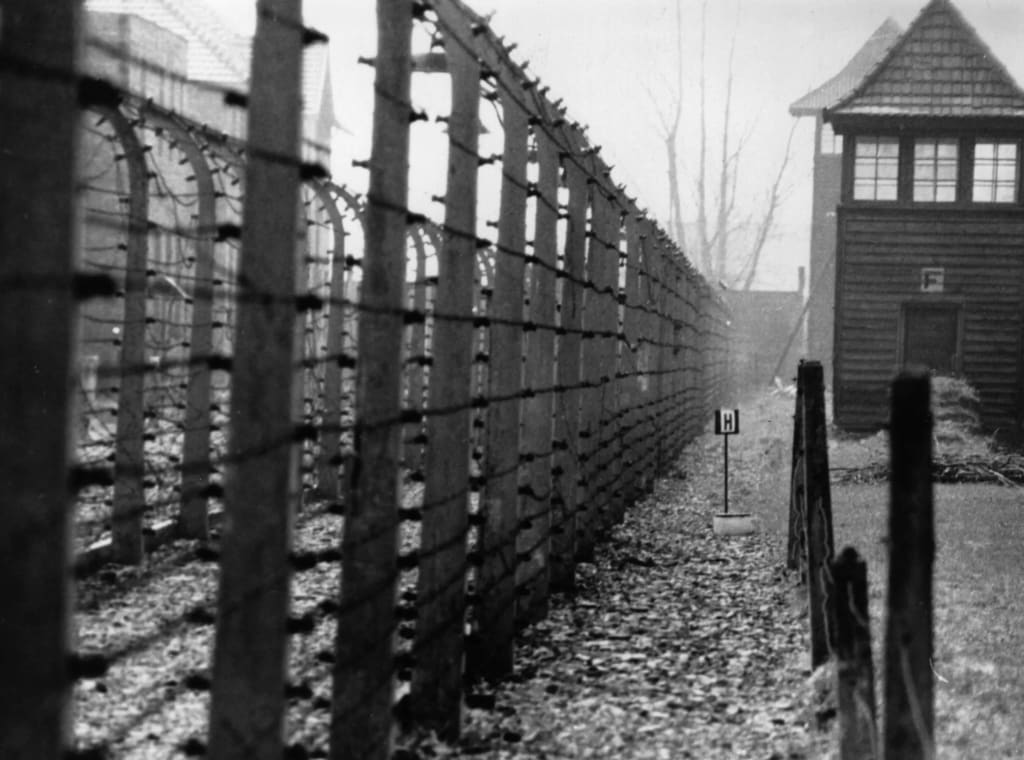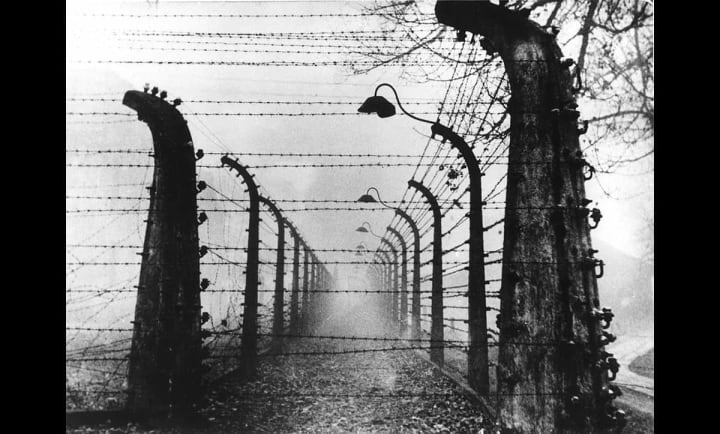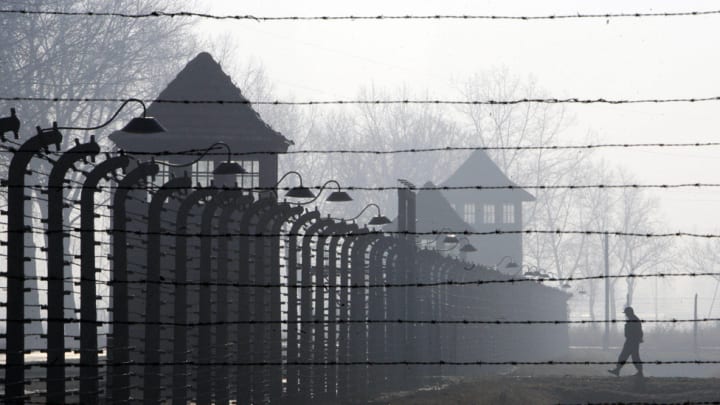Why did women abruptly stopped menstruating upon arrival at Nazi Death Camps?
The truth behind it is more inhumane than you think...

The Holocaust's evils are now well-known. Numerous scholarly studies, books, and films have described the crimes committed during World War II that ultimately resulted in the deaths of millions of people, including six million Jews. However, one issue has never been thoroughly investigated until recently: why did over 98 percent of the women detained in concentration camps abruptly cease menstruating?
Menstruation
During World War II, the majority of women who resided in concentration camps did not menstruate. It was formerly believed that trauma and starvation were to blame. Peggy Kleinplatz, a researcher, believes that this falls short of the mark. "This rapid event did not occur during past major crimes that have occurred in human history, or it only occurred slowly, over a period of 12 to 18 months," the author claims. "The reason the ladies in the concentration camps abruptly stopped menstruation made me wonder what was going on with them. Malnutrition and/or trauma are not the only factors that can account for this."

Intentional
Kleinplatz pondered the possibility of intentionality. She gathered 93 testimony from either female Holocaust survivors or the offspring of survivors in order to further investigate this. She then contrasted this testimony with the available historical data. The study offers a second explanation for why women stopped menstruation so quickly after entering German concentration camps: the female prisoners were administered synthetic hormones in an effort to disrupt their menstrual cycles and prevent them from becoming pregnant.
Soup
Holocaust survivors reportedly told Kleinplatz they thought something had been tampered with their food. A lady who had spent months as a youngster working in the Auschwitz kitchen told how armed guards brought in packets of chemicals every day. To ensure that "they stopped menstruating," this was then dissolved in filthy soups and given to the female captives. Findings from a 1969 report that spoke with cooks at Auschwitz, the most infamous concentration camp operated by the Nazis, support this story.

Contraceptive pill
According to Kleinplatz, these artificial sex hormones were widely available during World War II and caused women to quickly stop menstruation. It should be noted that this is not a widely recognized fact. For instance, the pill used for birth control did not receive American approval until 1960. What is known is that exogenous sex hormones were created for the first time in 1933 in Berlin and were marketed as over-the-counter medications to treat infertility. Adolf Butenandt, a German pharmacologist and chemist, won the Chemistry Nobel Prize in the 1930s for his work manufacturing sex hormones.
Supply and demand
The researchers claim that there is convincing evidence that German industries created substantial amounts of sex hormones between 1943 and 1945, purportedly to treat infertility. However, the research notes that significantly more product was produced than was required. "It is remarkable that amid the famine of war, the manufacture of vast amounts of hormones was given such high priority. Their purported goal could have been readily accomplished with significantly smaller amounts."
Long-term consequences
Everything, according to the researchers, "points in the same direction." And that is that infertility-causing drugs rather than those that treated it were produced. And after that, these were given to Jewish women detained in concentration camps. But this has far-reaching repercussions. 98% of the women who were interviewed reported being unable to conceive or give birth to the intended number of children. At least 48 (24.4%) of the 197 confirmed pregnancies resulted in miscarriage, while 13 (6.6%) resulted in stillbirth. These rates, according to Kleinplatz, are alarmingly high. It is inconsistent with both the general population and other Jews during the Baby Boom, according to the author.

The investigation conducted by the researchers demonstrates that puzzles can still be solved more than 75 years after the conflict. Kleinplatz urges others to continue excavating even though the Holocaust's living memory is fading with each passing year. In the study's conclusion, she states that there are currently more questions than there are solutions. The pursuit of the solutions that all the women interviewed for this study deserve must be continued by medical experts, other scientists, and historians.
About the Creator
Alex Hermes
Hi friends! I'm Alex and I'm a mindfulness copywriting environmentalist. I write about topics such as eco-friendly lifestyles, travelling, cooking, history etcetera. I'd love to share my interests with you! Don't hesitate to contact me.






Comments
Alex Hermes is not accepting comments at the moment
Want to show your support? Send them a one-off tip.